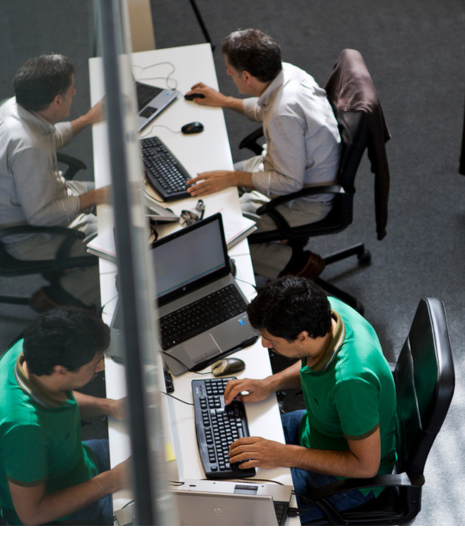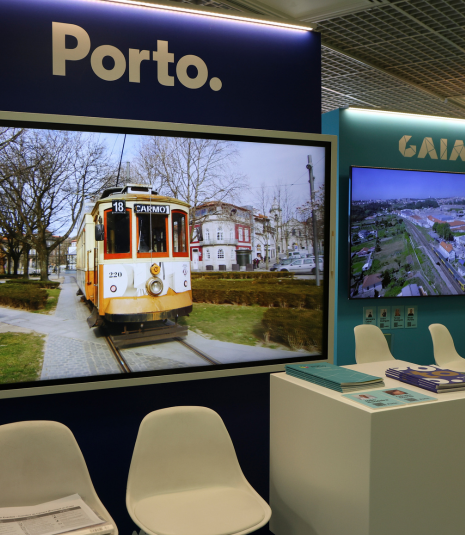60% of the contracts in Sitel Portugal are remote and the company wants to hire more people in 2023

ECO
· 14 Nov 2022
Currently, 60% of the contracts signed by Sitel Portugal are already remote. Before the pandemic the percentage was zero. The company intends to hire 3,000 people by 2023.
More than half of the contracts in Sitel Portugal already foresee remote work, covering a total of 2,400 people. The remaining employees are working in a hybrid model in which only 300, out of a universe of around 4,000 people, go to the office every day. The company plans to hire up to 3,000 new employees in 2023.
"Since the pandemic model we started the work at home contract, because we quickly realised that it started a new reality. At the moment, we have work at home contracts with employees working full remote. 60% of our portfolio is in this modality. And 40% of our employees, although they are also working at home, already have a hybrid model. Of the 4,000, around 300 are face-to-face, which is minimal", Cristina Teófilo, Sitel's regional HR director for Portugal, Spain, Greece and Italy, told People.
Before the pandemic, remote work contracts did not exist. "We had never considered this possibility," she says. "The pandemic brought a lot of bad things, but it also brought a new reality to the labour market. When we realised how difficult it was to get the employee to work from home, we started, in technological terms, to put together a series of requirements that allowed us to transfer people to their home space with security rules that allow, today, the client to have confidence, because they saw that the security in their network remains the same, their productivity and the quality of their service remains the same... And Sitel quickly innovated with technological systems that allow you to monitor the teams in the same way, having the agility that you have in the face-to-face model."
Still, Cristina Teófilo shows herself more adept at hybrid models. "I worry a lot about the social part," she admits. "It's in the work environment that friendship, sharing and mutual help are created. Obviously there's a technological system that allows the management and monitoring of the employee on the spot. There are forums for team members and transversal teams to communicate. But it's still virtual".
It was precisely with this in mind, and in promoting employee well-being, that the company created the MAXHub concept. These empowerment centres, as Sitel Group calls them, are, in essence, flagships that, not only reflect the fact that the company is transforming itself and bringing innovation in its adaptation to the new work model, but also guarantee the well-being of employees.
At the beginning of October, Greece opened its first MAXHub, in Athens, and in Portugal, the Porto office is undergoing some adaptations to become more attractive. It will be the first MAXHub to be born in Portugal. "The employee has to feel attracted to come to the company, because his daily life is already being done at home. His work is at home. What is the advantage of going to the company?" he questions. "Our employees have shared with us what they are looking for in the company and with that we have decided to turn the concept around a bit."
Sitel now considers that offices are platforms that should offer, above all, comfort. "Obviously he [the employee] will also have it at home, but by coming to the company he can benefit from gym, differentiated training rooms, spaces to leave his children. In Greece, our work spaces are already smaller than leisure spaces."
Hire up to 3,000 people in 2023
As for hiring, meanwhile, plans for 2023 remain strong. "We plan to hire between 2,600 and 3,000 new employees in Portugal," advances Cristina Teófilo. The figure is in line with what has been the company's average hiring rate.
Questioned about plans for salary increases, the person in charge says that there are still no "closed decisions", but guarantees that the company is working to "create better conditions for the employee". "The cost of living, the electricity issue and inflation are issues that concern us a lot. We are working on the creation of benefits that allow the employee to have another type of support that is not only the salary, such as partnerships with supermarkets or other establishments of essential consumer goods, which help [people] to cope with this increase in the cost of living," he concludes.




